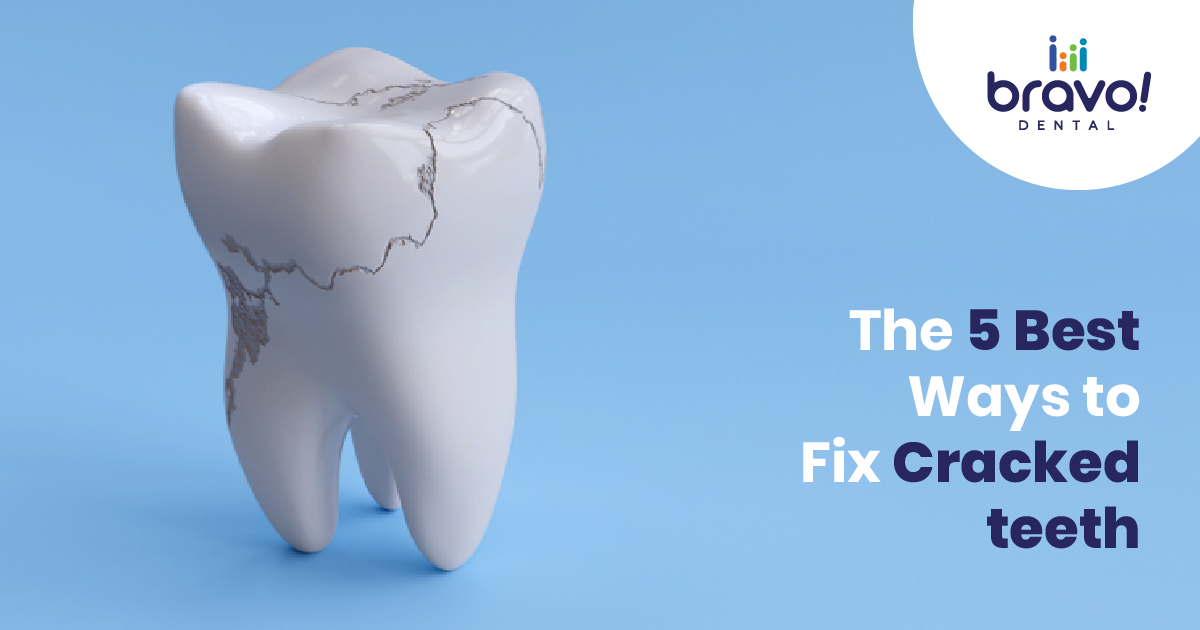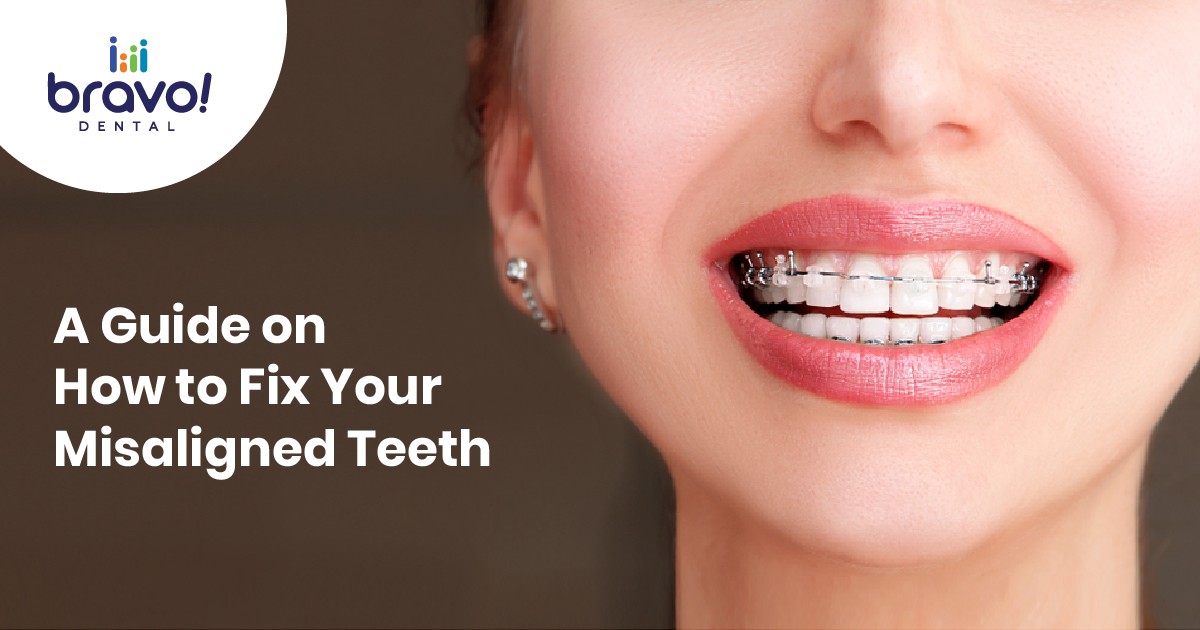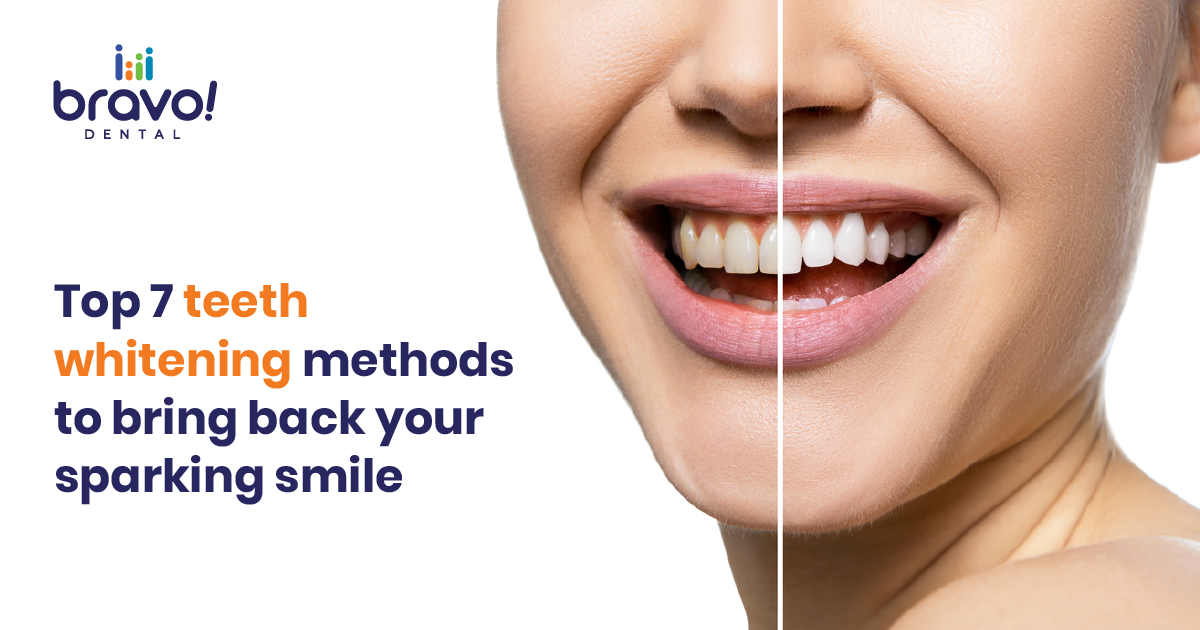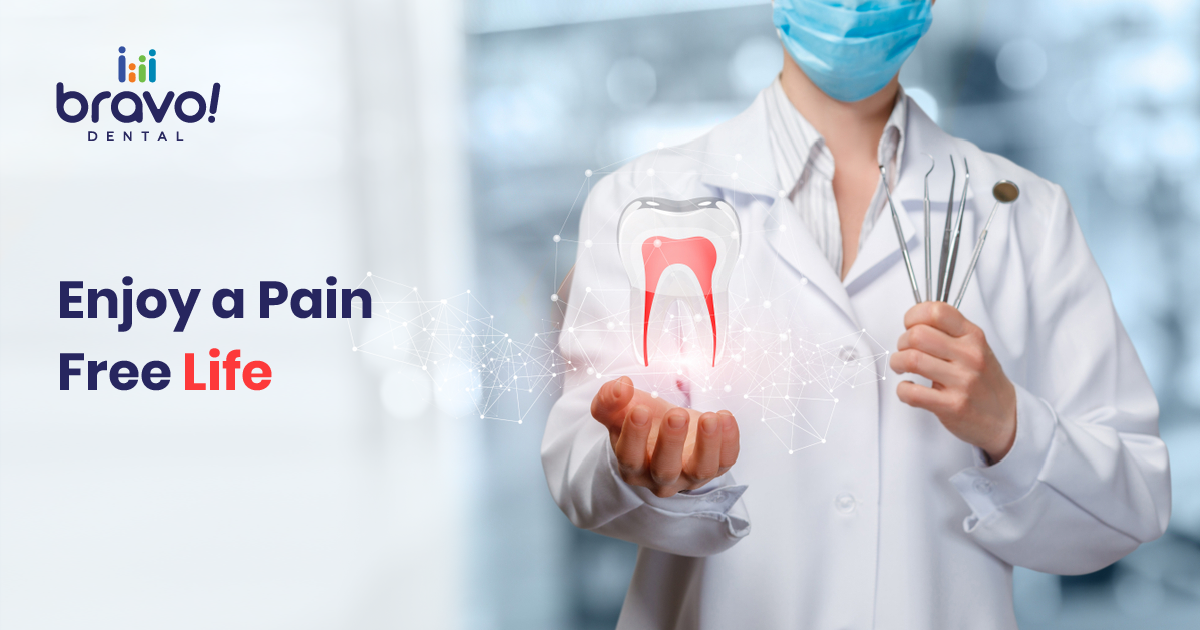As a child, losing a tooth can be exciting, for the child in the form of the tooth fairy story, and for the parent(s) as a symbol as a rite of passage to the child’s next growth phase. But as an adult, losing a tooth, or several can be quite alarming. And, no we are not talking just about the “fight club” format of losing teeth.
Adult teeth last a lifetime and hence you should be heavily concerned when you notice any of your teeth shaking/loosening. When a tooth loses its support and detaches from the gums and bone, tooth loosening occurs. The tooth can shift with the slightest touch, and everyday activities, such as eating & chewing, can loosen it even more.
How do we lose teeth?
Losing teeth as an adult can occur due to a variety of reasons. And since it may be difficult to solve the problem without knowing the root cause (no pun intended), it might be a good idea to know how this happens. Some of the causes include:
Gum Disease: Tartar or plaque pulls the gums away from the teeth, producing gaps that can become infected. Gums that are bleeding, inflamed, or infected might worsen and lead to bone damage if not treated at the right time. In addition, your teeth will become loose as a result of not receiving sufficient bone support.
Injury to teeth: A loose tooth can also be caused by an injury to the mouth or face. This can happen if you fall and strike your mouth or are hit in the mouth by another force. Apropos the “fight club” situation. But always, remember the first rule!
Teeth grinding: Grinding or clenching your teeth unconsciously can damage your teeth and lead to other issues as well, such as headaches and jaw aches. The reason for Teeth grinding can be medical, psychological, or due to an obsession over jawbreakers.
Osteoporosis: Osteoporosis is a bone condition that weakens bones. As a result, even little hits might result in broken bones. While it is usually associated with the spine, hips, and wrists, it can also harm the jawbones that support the teeth, resulting in tooth loosening.
Pregnancy: During pregnancy, increased estrogen and progesterone can damage the mouth’s bones and tissues, which causes changes in the periodontium that supports and holds the teeth in place. Teeth may feel loose if the periodontium is affected.
How to prevent tooth loss?
Now that we know the why behind tooth loss, let’s talk about prevention, fixes and maintaining oral hygiene with regular checkups. Here are a few ways in which you can ensure you don’t lose any teeth, at least anymore:
Splinting: A piece of metal is used by your dentist to join two adjacent broken or split teeth together. This provides additional support for the loose tooth and prevents it from shifting.
Bite adjustment: By removing small portions of tooth enamel, this technique reshapes the tooth’s biting surface. The pressure on the tooth is relieved, allowing it to recuperate. This is a possibility if you have a loose tooth due to grinding.
Flap surgery: It is a procedure that involves the removal of a flap by performing a scaling and root planning operation that pulls back the gum tissue. After the treatment, the gum tissue is reattached.
Bone grafting: It is a procedure that involves the grafting of bone from another part of your body or a special bone grafting substance to repair diseased bone in your mouth in cases of bone degradation.
Mouth protection: Wearing a night guard while sleeping is also an option for grinding. Between the top and lower teeth, this forms a protective barrier.
Keep in mind that having loose teeth does not imply you have to lose your teeth permanently. Actively seek dental care as soon as you see any signs of a tooth loosening. Our experts at Bravo Dental can assist you with an effective treatment strategy to save your teeth.
If you are too late in reading this article, you can still reach out to us at Bravo Dental as we can hook you up with really comfortable partial or full dentures as well!









